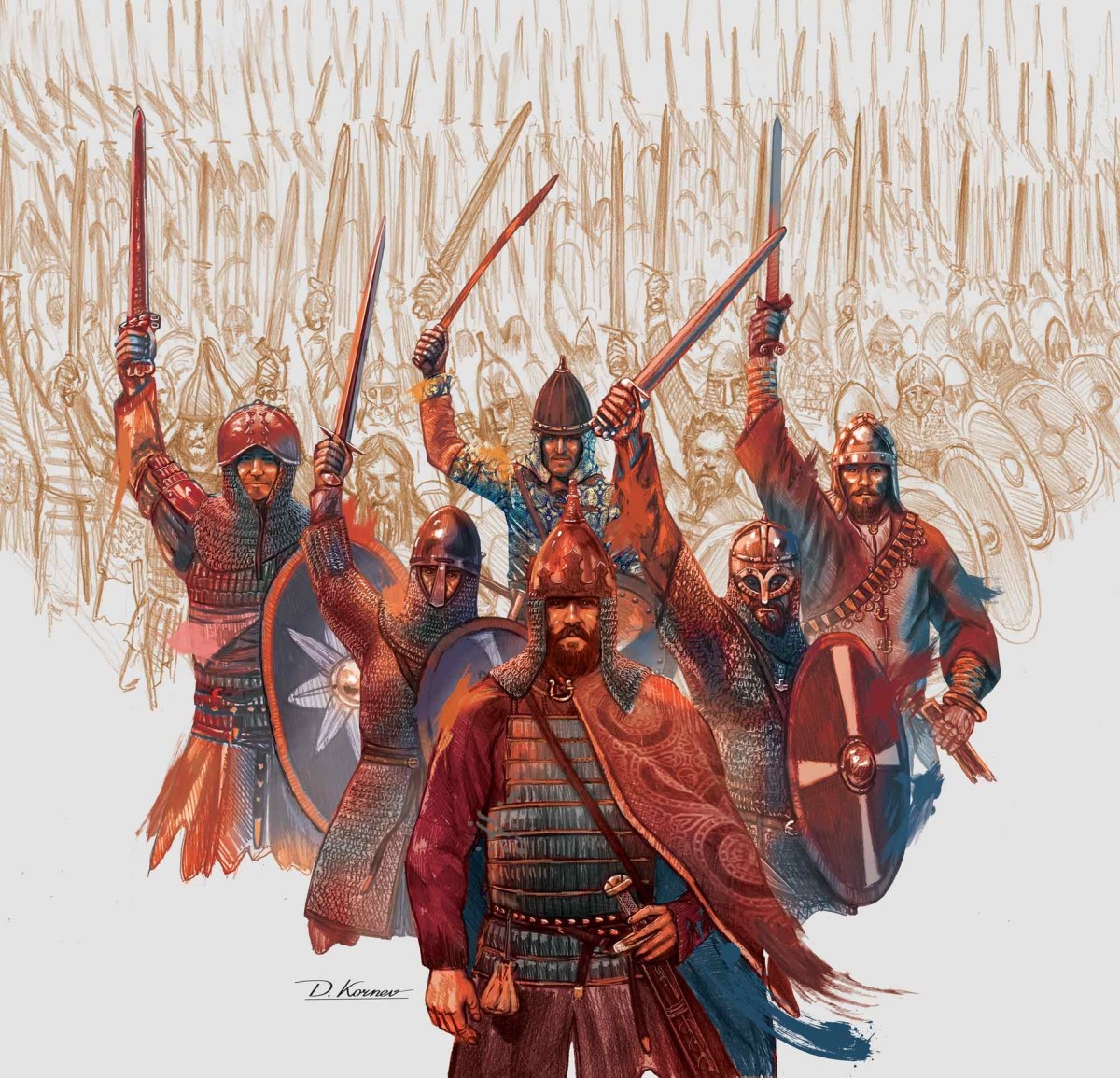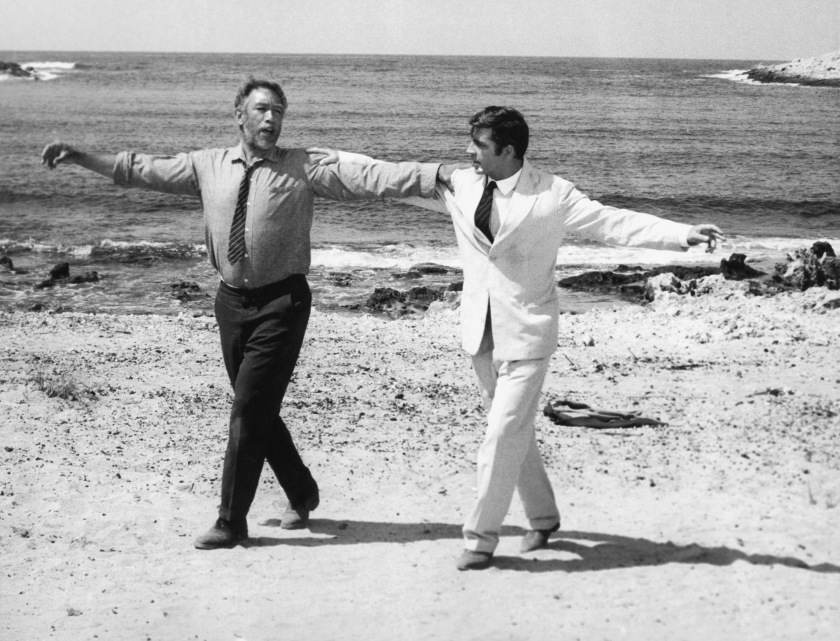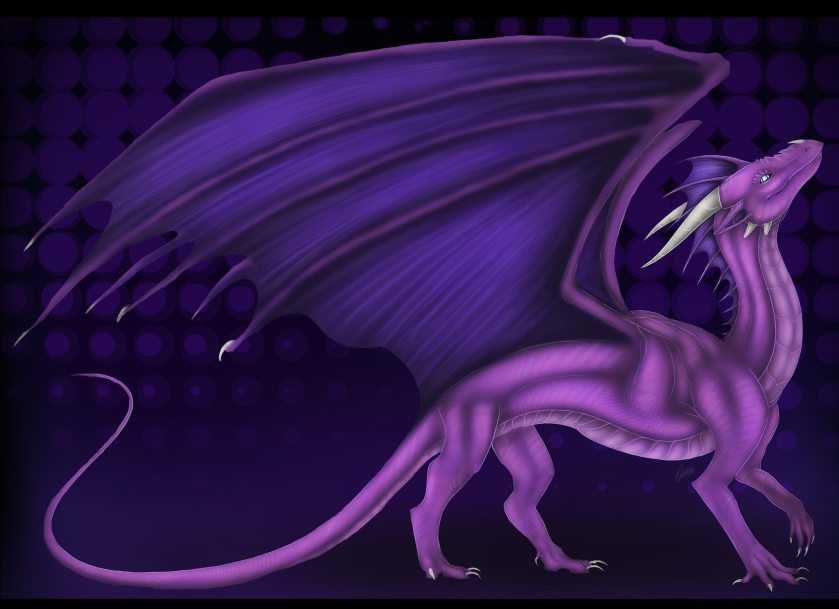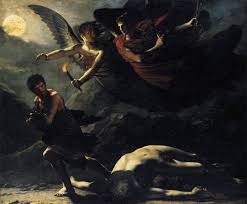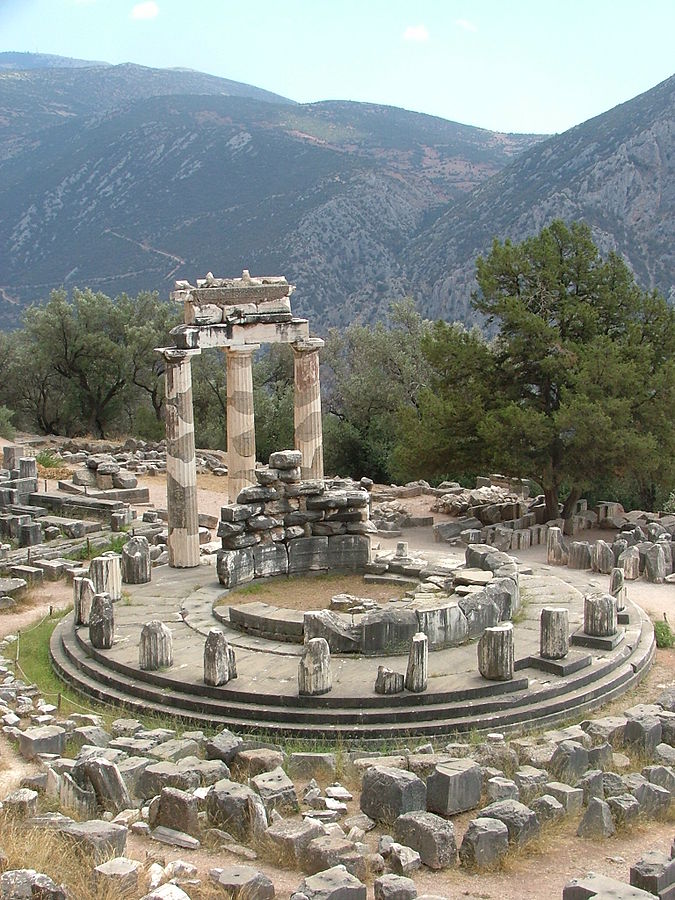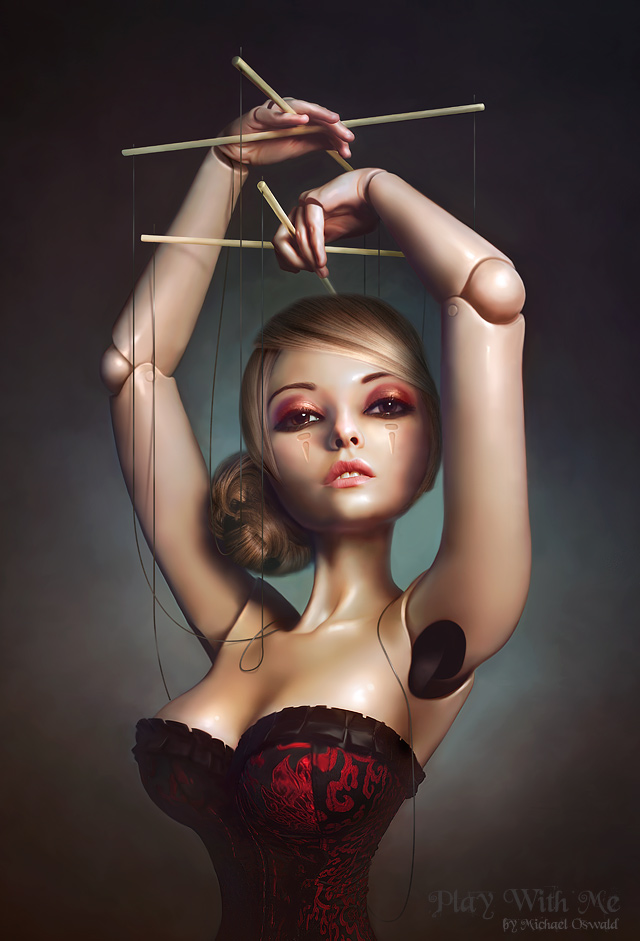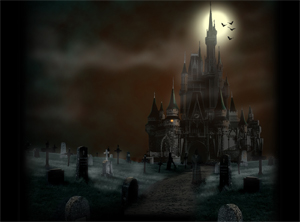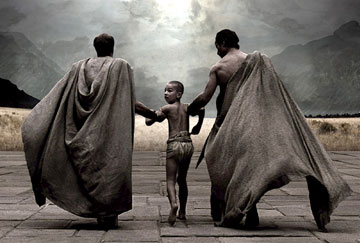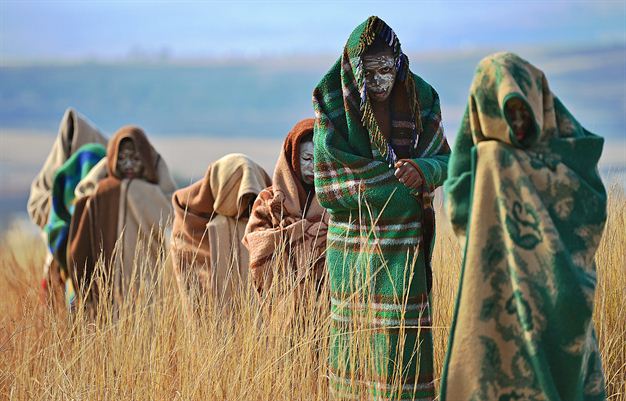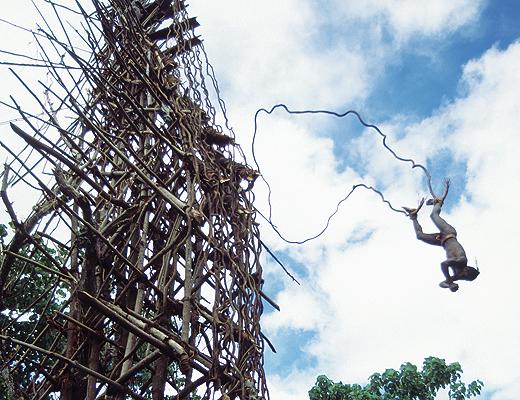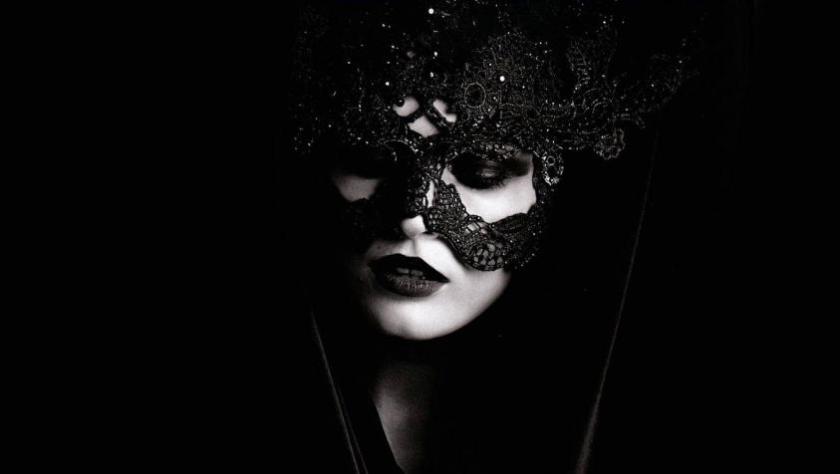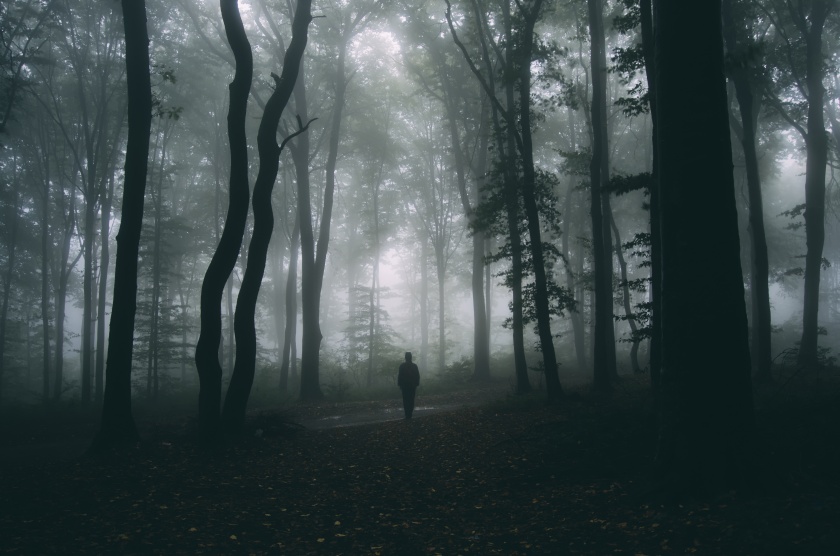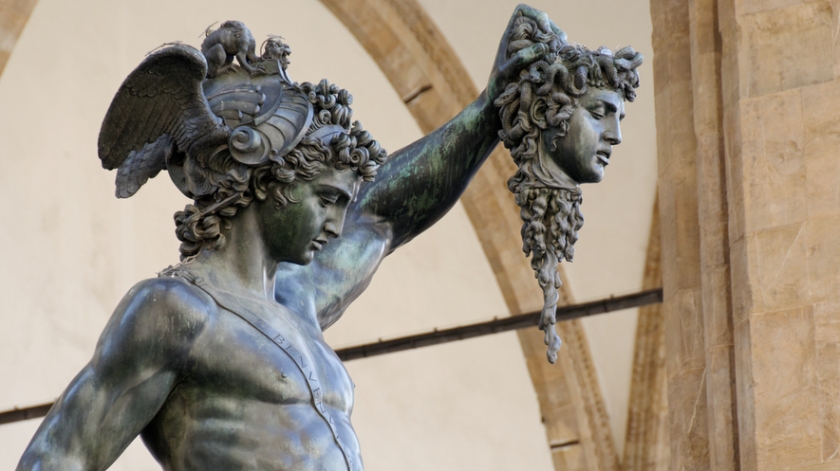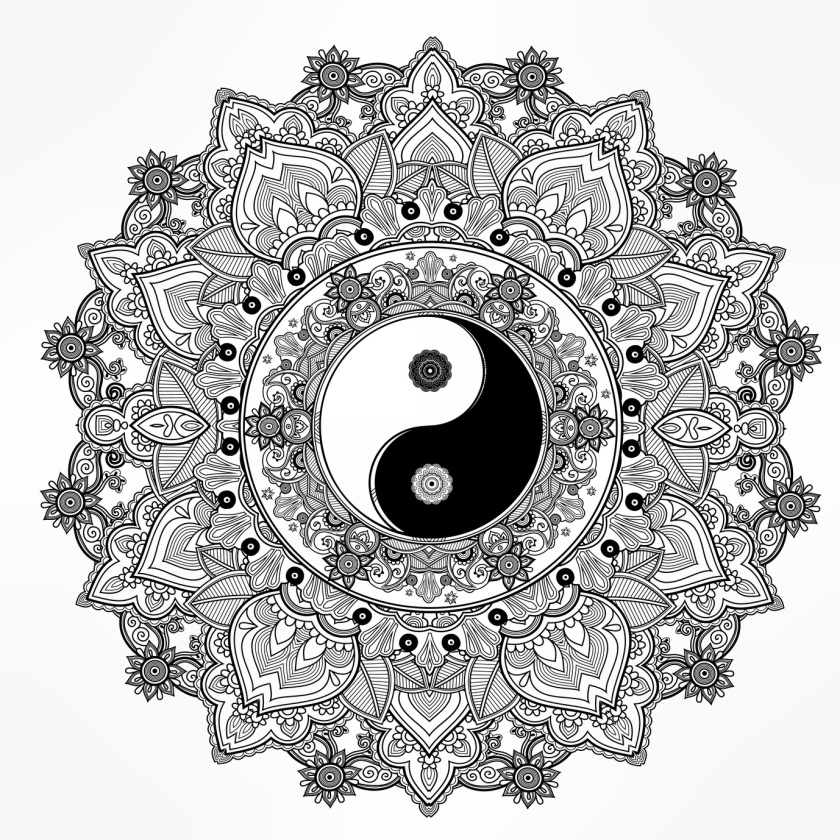Welcome back.
Since I began this series, at least forty men, in entertainment, media, and politics, have faced allegations ranging from inappropriate behavior to forced sexual misconduct to rape. The list continues to grow and has caused the downfall of many powerful “men”. It has sparked an entire movement (#metoo), and led Time Magazine to name ‘The Silence Breakers’ as 2017’s Person of the Year.
It’s encouraging to hear young people such as comedian Sarah Silverman say we need to understand what’s behind all this, or watch actor Justin Baldoni give a poignant TED talk on why he’s done trying to be “man enough”.
Both are choosing the hard and long road of empathy, rather than the easy one of judgment and condemnation.
While my exploration of this issue has revolved around Millennial Men, it is not a stretch to imagine that they could well be on the road of being the Harry Weinsteins, Al Frankens, Roy Moores, or Matt Lauers of the near future.
In my mind, they all share one thing in common: they are uninitiated men, or more precisely, wrongly initiated into what it means to be a man.
Former NFL defensive lineman and coach, Joe Ehrmann, had this to say in the documentary ‘The Mask You Live In’:
“My earliest memory is my father bringing me down to my mother’s basement, putting up his hands and teaching me how to throw jabs and punches. It was there that he gave me those words: “Be a Man”. Stop with the tears. Stop with the emotions. If you are going to be a man in this world you have to learn how to dominate and control people and circumstances. I left the room in tears, feeling I wasn’t man enough. Football became a tremendous place to hide. You can hide inside the helmet. You can hide behind the roar of the crowd. You get to project this façade, this persona of what it means to be a man in this culture. I thought if I could manifest this hyper-masculinity, somehow, it would validate who I was. Certainly, my father would respect me; see how powerful…how strong I was. Then he’d give me the love and attention that I desperately wanted. I ask every man to think about what age they were, what was the context, when somebody told you to Be a Man. That’s one of the most destructive phrases in this culture, I believe.”
This issue not only impacts gender relations, but spills over into our politics and the sustainability of our future on this planet. It is why I am investing so much time on it. If my words – my voice – can be heard by more and more men (women too), and through them, I manage to prevent but one instance of sexual assault, I will have done my share.
In Part I and Part II of this series, we’ve listened to several young men explain why they often objectify women. We’ve talked about the holes in their psyches, and explored ways in which they can begin to heal. We’ve listened to their fears of rejection, intimacy and vulnerability.
They have shared their sadness stemming from a sense of being split from their right-brained essence.
We’ll now deal with Ethan’s answer to why he sometimes objectifies women through pornography. We can as well substitute the word ‘objectify’, with harass, exploit, or rape.
ETHAN: “When I use porn semi-frequently, I do so whenever I am disconnected from myself. Because I feel disconnected, less present, less in my heart, and less in my body.”
This has everything to do with two very famous erections.
Meet Priapus, the John Holmes of ancient mythology
The God of Lust and Fertility, Priapus was the son of Aphrodite, which means that every hard-on is mothered by love and beauty. So far, so good.
Until Hera came along.
Hera is the queen and mistress of heaven. Brought up in a domesticated and orderly household, she is also the goddess of marriage and the family. Suspecting her philandering husband, Zeus, of being Priapus’ father, Hera deceptively offered to help Aphrodite’s delivery of Priapus. With just one touch of her finger on Aphrodite’s belly, Hera caused Priapus’s ‘deformity’ and unshapeliness. Horrified, his mother rejected her son, and banished him to a mountainside on Earth.
What does the myth point to?
We’re back to that eons-old, tug-of-war I talked about in my post on why monogamy is so damn difficult: between our desires and conventions.
As Goddess of Marriage, Hera likes only one kind of erection: the procreating kind within the bounds of conjugal love. To her, Priapus is living testimony of philandering. Therefore, indirectly, she made sexual imagination ugly and shameful, and banished it to the mountainside – our modern day Red Light District, Pornhub, Las Vegas, etc. In his lecture, ‘Pink Madness’, James Hillman said that the Hera archetype is what causes us to see Priapus as deformed and distorted.
Then came this guy, St. Augustine.
I wonder why he doesn’t look as happy as Priapus.
When he was sixteen, back in 370 C.E., he went with his father to a public bath, and there, had an involuntary boner. He called it inquieta adulescentia, or restless young manhood.
Imagining himself a soon-to-be grandfather, Dad was pleased.
Mom, a pious Christian, and the Hera in this story, wasn’t.
“She made a considerable bustle,” Augustine wrote in his ‘Confessions’, “to ensure that you, my God, were my father rather than him.”
A year later, when Augustine was sent to study to Carthage, his father died. Commenting on Sarah Ruden’s translation of ‘Confessions’, Stephen Greenblatt wrote in The New Yorker:
“If the grieving widow also felt some relief at his death—given that he was a dangerous influence on her beloved son—any hopes she might have had that Augustine would embark at once on the path of chastity were quickly dashed.”
“I came to Carthage,” Augustine wrote, “to the center of a skillet where outrageous love affairs hissed all around me.” (Sounds like Vegas)
Within a year or two of what appears to have been a period of feverish promiscuity, Augustine settled down with the woman with whom he lived.
But his mother was still not satisfied. When Augustine was getting ready to leave Carthage to take a teaching position in Milan, his mother, Augustine writes, “was hanging
onto me coercively, trying to either stop my journey or come along with me on it.” Lying, he told her that he was only seeing off a friend, and persuaded her to spend the night at a shrine near the harbor. “I got away, and got away with it.” A few years later, his mother sailed from North Africa to join him, and once settled in his household, sought to change her son’s life by getting rid of his mistress and finding him a suitable Catholic girl for him to marry.
In little more than a year’s time, Augustine had converted to the Catholic faith.
Then something really weird happened…
In the Roman port of Ostia, a few days before setting sail for Africa, Augustine and his mother were standing by a window that looked out onto an enclosed garden, and talking intimately. Their conversation, serene and joyful, led them to the conclusion that no bodily pleasure, no matter how great, could ever match the happiness of the saints. And then, Augustine recounts, “stretching upward with a more fiery emotion,” he and his mother experienced something remarkable: they felt themselves climbing higher and higher, through all the degrees of matter and through the heavenly spheres and, higher still, to the region of their own souls and up toward the eternity that lies beyond time itself. (Here comes the creepy part) “While we were speaking and panting for it, with a thrust that required all the heart’s strength, we brushed against it slightly.” It is difficult to convey in translation the power of the account, Greenblatt writes, and of what it meant for the thirty-two-year-old son and the fifty-five-year-old mother to reach this climax together. Then it was over: “Suspiravimus,” Augustine writes. “We sighed, and returned to the sound of our speech.”
Fast forward forty years or so, and Augustine still can’t get over his inquieta adulescentia, or unruly adolescent boner:
“But when it must come to man’s great function of the procreation of children the members which were expressly created for this purpose will not obey the direction of the will, but lust has to be waited for to set these members in motion, as if it had legal right over them.”
And this ardor, Greenblatt adds, to which Augustine gives the technical name “concupiscence,” was not simply a natural endowment or a divine blessing; it was a touch of evil. What a married man and woman who intend to beget a child do together is not evil, Augustine insisted; it is good. “But the action is not performed without evil.” True, sexual intercourse—as Augustine knew from long experience with his mistress and others—is the greatest bodily pleasure. But the surpassing intensity of pleasure is precisely its dangerous allure, its sweet poison: “Surely, any friend of wisdom and holy joys . . . would prefer, if possible, to beget children without lust.”
(Surely, if you say so)
Augustine’s tortured recognition that involuntary arousal (or hard-on) was an inescapable presence—not only in conjugal lovemaking but also in what he calls the “very movements which it causes, to our sorrow, even in sleep, and even in the bodies of chaste men”—shaped his most influential idea, one that transformed the story of Adam and Eve and weighed down the centuries that followed: originale peccatum = original sin.
This idea became one of the cornerstones of Christian orthodoxy.
Augustine went on to shape Christian theology for both Roman Catholics and Protestants, and to bequeath to all of us the conviction that there is something fundamentally damaged about the entire human species. There has probably been no more important Western thinker in the past fifteen hundred years. [Greenblatt].
He also shaped the beliefs of Puritans.
And that, Dear Ethan, is our legacy, in two erections.
“Puritanism: The haunting fear that someone, somewhere, may be happy.” – H.L. Mencken
What happens when our natural lust and sexual imagination are banished by the touch of Hera’s finger, or by Augustine’s touch of evil?
We repress, and become ashamed and exiled from our sensuality; “disconnected” as you said: less in our hearts, and less in our bodies.
And then we look for substitutes, ‘toxic mimics’, as Barry Spector calls them in ‘Madness at the Gates of the City’.
Is anyone surprised then that the states with the highest viewership of pornography are located in the Bible Belt? Or – as if pointing the finger back at Hera and Augustine’s mother – by the fact that the two most popular porn terms searched for by men include the word “Mother”?
“The insistence to obscure the true nature of our species’ sexuality leaves half our marriages collapsing under a tide of swirling sexual frustrations, libido-killing boredom, dysfunction, confusion, and shame.” – Christopher Ryan and Cacilda Jethá: ‘Sex at Dawn’
Our insistence on opposing spirit and mind to both nature and sexuality, makes us become split (disconnected, in Ethan’s terms), and at war with ourselves and our instinctual appetites. Christianity, Nietzsche proclaimed, gave Eros poison to drink.
Pornography is now an industry worth tens of billions of dollars worldwide. According to Pornhub, in 2016, the human race consumed enough hours of porn to last 5,246 centuries! Porn, says James Hillman, is the return of the repressed.
“Our sexual tastes are much more psychologically deep, even tender and sensitive than is currently imagined. Crucially – in all cases of addiction, it’s never that we are simply greedy or lusty or depraved. The real reason is always more poignant and more worthy of sympathy: we get addicted because we’re sad.” – Alan de Botton
Sad, because, like Priapus, we have been exiled from our natural sensuality, so we now look for it through fantasy.
The problem is that the fantasy starts becoming more lifelike than the real, and we end up, as Alan Watts cautioned, “bestowing more metaphysical and aesthetic value to what is lifelike to what is life”.
Reality begins to disappoint us. (e.g. the movie ‘Her’)
In 2016, an all-new term shot into the top searches on Pornhub: ‘Overwatch’, in reference to the popular video game released earlier that year, known for its fast action and overtly sexualized characters. It appears that the trend is moving more toward fantasy than reality. ‘Generic’ porn is being replaced with fantasy specific, or scenario specific scenes.[1]
Losing our Senses
My friend Theo, who I’m currently helping navigate across his own love and existential tumult, wrote this to me as he entered the wilderness after many days sitting in front of his computer:
“Ninety percent of our human story as hunter-gatherers, forgotten. We’ve retained all the fears of the Savannah, but none of the skills. Instead of stars, we now can’t find our way without a GPS. The world’s shrill cacophony roaring in our ears makes it impossible to listen to silence. The bark’s rugosity, the moss’ padding, the lichen’s scuff, the silk of a leaf…unfamiliar. Our sense of smell and taste blunted by exposure to the corrosive wear of artificiality. We now rely on labels to tell us what will nourish us. Our sight, bleared by glaring and flickering blue light, misses the forest’s secret clues and diminishes its rich depth…diminishes us. And our entire being, jarred daily by a lightning storm of histrionic images and voices that incite us to extremes of lust, greed, envy, outrage, and fear – soon losing their effect, requiring more potent doses to keep us hooked – have made it impossible for us to know what exactly it is we are to do with ourselves in stillness. No wonder we’re always bored. Like a violin, discarded in the dusty attic of our past – strings slack, tuning pegs broken, and cracked bout – we no longer resonate, vibrate, thrum, or harmonize, so can’t play our once rightful part in the concert hall of Earth. In that state of alienation, rather than attuning ourselves to her symphony and harnessing her power, we now are bent on her domination and destruction.”
Exacerbating our state of exile, our increasingly virtual world is pushing us deeper into Plato’s Cave.
In the allegory, Plato likens people to prisoners chained in a cave, unable to turn their heads. All they can see is the wall of the cave. Behind them burns a fire. Between the fire and the prisoners there is a parapet, along which puppeteers walk. The puppeteers, who are behind the prisoners, hold up puppets that cast shadows on the wall of the cave. The prisoners are unable to see these puppets – the real objects, that pass behind them. What the prisoners see and hear are only the shadows and echoes cast by objects that they do not see. The prisoners mistake appearance for reality. They think the things they see on the wall (the shadows) are real; they know nothing of the real causes of the shadows.
In its truest sense, Alan Watts suggested, American culture is the most ‘immaterialist’.
In his blog for ‘The Stone’, Richard Kearney asks if today’s virtual dater and mater is not more like an updated version of Plato’s Gyges, who can see everything at a distance, but is touched by nothing. “Are we perhaps entering an age of excarnation,” Kearney asks, “where we obsess about the body in increasingly disembodied ways? For if incarnation is the image become flesh, excarnation is flesh become image.”
Pornography, he adds, is paradoxically a twin of Puritanism. Both display an alienation from flesh – one replacing it with the virtuous, the other with the virtual. Each is out of touch with the body.
In his book ‘De Anima’ Aristotle pronounced that touch is the most intelligent sense, because it is the most sensitive. As such, it is the most universal of the senses. In this pronouncement, he not only was challenging his own previous conceptions, but the dominant prejudice of the Platonic doctrine of his time, which held that sight was the highest sense. Aristotle did not win. The Platonists prevailed, and the Western universe – our universe – became a system governed by the ‘soul’s eye’. Western philosophy (our ideas) thus sprang from a dualism between the intellectual senses, crowned by sight, and the lower animal senses, stigmatized by touch [Kearney].
We’re back to the battle between spirit/mind vs flesh/nature; Psyche vs Eros; between the ideas of the Myce and the Minos I talked about in Part II.
Enter the weeping, pre-Platonist philosopher, Heraclitus.
This guy is best known for his aphorism that one cannot step into the same river twice. But his more important doctrine, in my mind, is his commitment to the unity of opposites, whereby no entity, or person, can occupy a single state at a single time. While Heraclitus did not coin it, the concept of ‘enantiodromia’ has been attributed to him.
Enantiodromia (Ancient Greek: enantios – opposite, and dromos – running course), basically means that the superabundance of any force, inevitably produces its opposite. It is similar to the principle of equilibrium in the natural world, in that any extreme, is opposed by the system in order to restore balance. When things get to their extreme, they turn into their opposite.[2] (For an example of this dynamic, between the interplay of male and female energies, read the excerpt of Elizabeth Zioga’s blog, included in Part II).
In analytical psychology, enantiodromia means that something that is repressed (a man’s natural sensuality, or instinctual appetites, for example), shapeshifts in the unconscious into something powerful and threatening. To wit: St. Augustine’s natural erection turning into the touch of evil.
Carl Jung had this to say about it:
“Enantiodromia. This characteristic phenomenon practically always occurs when an extreme, one-sided tendency dominates conscious life; in time, an equally powerful counterposition is built up, which first inhibits the conscious performance and subsequently breaks through the conscious control.”
How do we heal this split caused by Hera and St. Augustine?
Enantiodromia also refers to the process whereby one seeks out and embraces an opposing quality, internalizing it in a way that results in individual wholeness. This process is the crux of Jung’s notion, called the “path of individuation”. One must incorporate an opposing archetype (or essence) into their psyche to reach a state of internal completion.[3]
“Mental or physical symptoms appear when we have forgotten something essential. They arise from the underworld – or the body – where they have been exiled by the mind. We convert neurosis (stress, depression, anxiety, or obsessive behavior) into authentic suffering, through active participation or soul-making. Illness indicates the need to establish a relationship with a particular deity” says Barry Spector, in ‘Madness at the Gates of the City’.
Enter Hedone, Goddess of Sensual Pleasure, Enjoyment, and Delight.
Hedone was the daughter of Psyche (spirit or soul) and Eros (god of love and sexual attraction).
Sensual pleasure, enjoyment, and delight, are therefore, the products of the union and healthy balance between spirituality and sexuality, between mind and body.
Hedone is the deity with whom you, Ethan, must establish a relationship.
Full humanity, Richard Kearney says, requires the ability to sense and be sensed in turn: the power, as Shakespeare said, to “feel what wretches feel” — or, one might also add, what artists, cooks, musicians and lovers feel. We need to find our way in a tactile world again. We need to return from head to foot, from brain to fingertip, from iCloud to earth. To close the distance, so that Eros is more about proximity than proxy. So that soul becomes flesh, where it belongs. Such a move, I submit, would radically alter our “sense” of sex in our digital civilization. It would enhance the role of empathy, vulnerability and sensitivity in the art of carnal love, and ideally, in all of human relations. Because to love or be loved truly, is to be able to say, “I have been touched”.
The Road Back to our Hearts and Bodies
If you’ve been paying attention, Ethan, you’ll know right away that I am not going to suggest that we return to the sexual liberation of the 1960’s; to an unbalanced plunge into carnal pleasures. Enantiodromia, remember?
Though I am suggesting that we all flip St. Augustine the bird once and for all.
Meet Apollo, representative of logos, mind, reason, and intellect.
I know…not as impressive as Priapus’, but that’s not the point.
The point, as Alan de Botton said, is that the statue of Apollo gives greater prestige to a very important ideal. It pictures someone very successful, very admirable and competent – who is also highly sensuous. This ideal was meant to be in people’s minds as they grew up, as they judged themselves and others. The Greeks were presenting Apollo as someone who could combine being sexual with being clever and accomplished.
So, how do we find our way back to our natural sensuality?
I asked Theo this question and this was his prescription:
- Learn to Tango, the most erotic dance in the world. You will shed, as the female poet Kapka Kassabova said, the crippling binary neurosis of Western modernity whereby in matters of body and mind we are either intellecting, or having sex.
“Never give a sword to a man than cannot dance.”
Just take a look at our current political mess, and you’ll understand what Confucius meant by that.
Or, if you prefer the French, here’s playwright Moliere:
“There is nothing so necessary to man as the dance. Without dancing a man can do nothing. All the disasters of men, all the fatal misfortunes of which history is full, the blunders of politicians…all this comes from not knowing how to dance.”
- Read poetry every single day. Start with this selection. Then move on to Rumi, or Neruda, or Mirabai. Heck! Even the Bible’s ‘Song of Songs’.
- Learn to cook, and when you do, use your hands to mix, blend, and knead, as if you were caressing a woman’s or man’s body. As often as you can, cook by an open fire.
- Play music and sculpt.
- Go out often into the wild, but go alone, and without your electronic appendages. See everything…smell everything…touch everything.
- Give yourself permission to be who you are. Authenticity is a powerful aphrodisiac. Switch your existence from a mode of ‘having’ to one of ‘being’, and do not squander all your erotic and sensual energies in feverish pursuit of money, career, fame, and power. In Chapter 6 of my journey, I recount a personal, blissful experience of this kind.
- Have the courage to be vulnerable. One of the reasons why eroticism is dead in our world, as Alan Watts suggested, is because of our culturally-ingrained discomfort with vulnerability which we try to overcome by perfect self-control which is tantamount to a state of total paralysis. Control is a degree of inhibition, and a system, or person, that is perfectly inhibited, is completely frozen.
- Fall in love with your body, no matter the shape it’s in. Fall in love with your lover’s body, and in its presence, assume it’s virgin territory, and you, a daring, sensual explorer. Discover it with your five senses, every time, for the first time. You’ll always find a new, adorable freckle.
- Before lovemaking, do as Napoleon did, who once wrote to his wife, saying: “I’ll be home in three days. Don’t bathe.” Our natural scent is intoxicating.
- And, finally, when you and your partner meet, in love, recite this to each other:
In the 4th installment of this series, we will wrestle with Arturo’s response to why he often objectifies women:
“The women I typically objectify are the hardest ones for me to understand completely. The thing I notice, is how easily such a mysterious woman can [match] the ideal partner that I subconsciously created as a child.”
Don’t miss, it by FOLLOWING THIS BLOG.
Please SHARE THIS SERIES with every man in your orbit, and, if you’ve enjoyed this, and my other writings; if you’ve been challenged, informed, provoked, confounded, amused, or in any other way, stirred by my work, please consider supporting it by JOINING MY GENEROUS PATRONS. This will permit me to keep writing for you full time.
With gratitude.
[1] In his essay, ‘Big Red Son’ written in the late 90’s by David Foster Wallace, he added this footnote to his coverage of the Annual Adult Video Awards:
“Dark’s and Black’s movies are vile. They are meant to be. And the truth is that in-your-face-vileness is part of the schizoid direction porn’s been moving in all decade. For available, more acceptable, more lucrative, more chic – it has become also more “extreme”. In nearly all hetero porn now there is a new emphasis on anal sex, painful penetrations, degrading tableaux, and the psychological abuse of women. In certain respects, this extremism may simply be porn’s tracing Hollywood entertainment’s own arc. It’s hardly news that TV and legit film have also gotten more violent and explicit and raw in the last decade.”
[2] Enantiodromia. (2017, August 28). In Wikipedia, The Free Encyclopedia. Retrieved 15:52, December 10, 2017.
[3] Ibid

